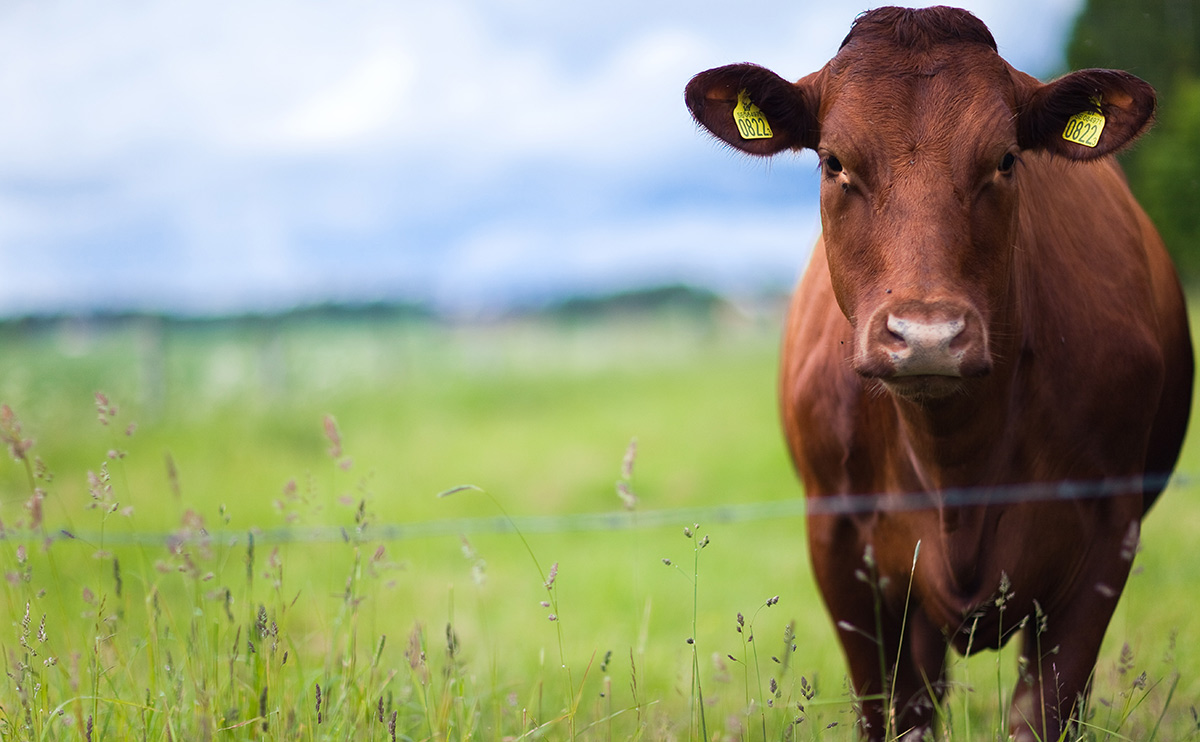Ongoing U.K. ban on Canadian beef unfair, unjustified

With the United Kingdom’s trade partnerships shifting in the wake of Brexit, Canada’s high commissioner stresses the need for fairness
by Ralph Goodale
The United Kingdom is Canada’s third largest trading partner. Two-way trade between our two countries is worth about $43 billion annually.
This relationship was previously governed by our Comprehensive Economic and Trade Agreement (CETA) with the European Union. But when Britain exited the EU in 2020, it also left CETA.
To facilitate ongoing Canada/U.K. trade while a replacement bilateral deal could be negotiated, a Trade Continuity Agreement (TCA) was put in place early in 2021.
“Specifically with respect to beef, Canada’s most significant food safety/animal health problem in recent memory began 30 years ago when a case of BSE (mad cow disease) was discovered in animals imported, ironically, from the United Kingdom”One of the first trade deals successfully concluded by the U.K. after Brexit, the TCA with Canada is a good basic arrangement, providing mutual market access that is 98 per cent tariff free. It will continue in effect until a new bilateral agreement is finalized, probably this year.
Meanwhile, a temporary, post-Brexit measure that the U.K. requested for its cheese exports, ended on Dec. 31. British cheese exporters enjoyed privileged access to the Canadian market because the U.K. was part of the EU.
Instead of terminating those privileges immediately upon Brexit, Canada agreed to a transitional period running to the end of 2023.
The British would naturally like that special access to the Canadian cheese market to continue, as if they were still part of the EU. But they’re not. Exercising their authority as a sovereign state, the British decided to Brexit and, when they did, they left their special cheese quota in Brussels.
That is not Canada’s fault, and Canadians should not be asked to provide new quota to make up for what the British themselves left behind.
A saving grace can be found in the U.K.’s application for membership in the Comprehensive and Progressive TransPacific Partnership (the CPTPP). Canada is a founding member of that partnership, and we were the first to publicly support Britain’s bid to join.
The U.K. will be able to access tariff rate quotas for cheese into Canada, once they officially become a CPTPP member. They signed on to the principles of the CPTPP last summer.
They and the 11 other countries originally in the deal (including Canada) are now going through their various ratification procedures to welcome the U.K. onboard. And speaking of the CPTPP, not only does “membership have its privileges,” it also has its responsibilities.
The rules of the CPTPP say unequivocally that any border measures that affect trade flows between member countries must be rooted in sound science. They cannot be arbitrary. They cannot be hidden, non-tariff trade barriers. They must be justified on the basis of proven scientific principles.
This is directly relevant to the U.K.’s long-standing ban against Canadian beef. That ban has no scientific justification whatsoever. It’s an arbitrary non-tariff trade barrier, contrary to the rules of both the CPTPP and the World Trade Organization.
It’s also unfair. Britain exports thousands of tonnes of beef into Canada, but hardly a morsel of Canadian beef gets into the U.K. A negotiated remedy needs to be found, or this issue will ultimately end up in dispute settlement litigation.
Every country has its trade sensitivities — they often relate to agriculture. As between Canada and the United Kingdom, we should encourage our respective producers, processors, consumers, scientists and regulators to engage in ongoing dialogue with one another — to better understand each other.
We should also agree that we will not gratuitously trash each other’s food quality and safety systems. In each of our countries, those systems are fundamentally sound. Canada has an impeccable reputation for quality and safety. Our standards are every bit as good as the best in the world.
Our satisfied customers include the most discriminating markets on earth.
Specifically with respect to beef, Canada’s most significant food safety/animal health problem in recent memory began 30 years ago when a case of BSE (mad cow disease) was discovered in animals imported, ironically, from the United Kingdom.
That British-borne disaster cost the Canadian beef industry literally billions of dollars. As a consequence, there is no doubt that Canadians embrace the highest food safety, quality and animal husbandry practices.
Originally published in the Saskatoon Star Pheonix
A former Member of Parliament for Regina and federal cabinet minister, Ralph Goodale is Canada’s high commissioner in the United Kingdom












